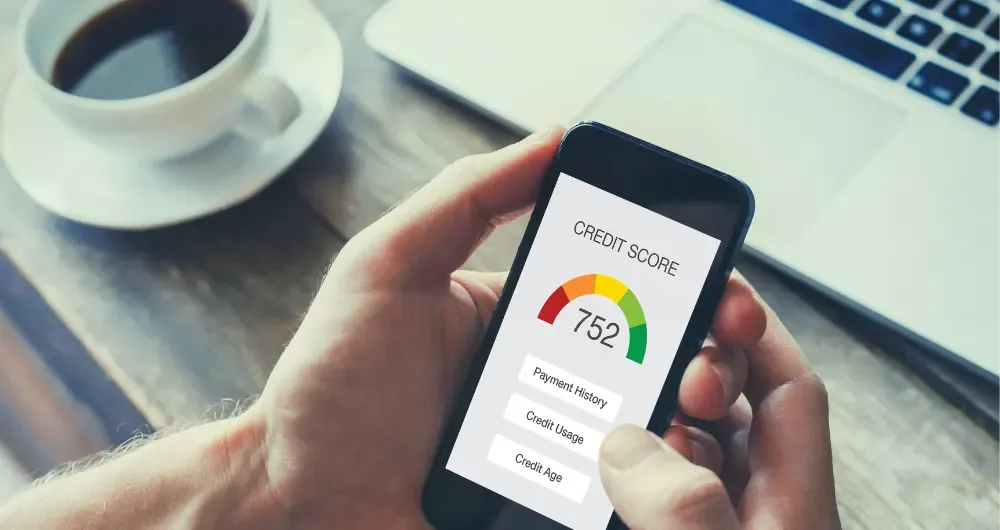Can Car Finance Be Transferred to Another Car?
Published 10 February, 2025

A car loan is generally a long-term financial agreement.
However, life changes often force you to adapt. You may have added a couple of kids to your family and need a bigger car, have a new job with a bigger salary, or your lifestyle costs are risen and you no longer can afford the large loan payments and want to downgrade.
So the question is, can you purchase a new car under finance when you are still in the process of paying off the old one?
Every car loan is tailored to each individual vehicle, and the circumstances surrounding your financial situation at the time of purchase. However, that does not mean you would be forced to keep a car that you no longer want, or can afford.
When you sign up for car finance, you are obligated to repay the entire amount owed over the loan term, together with interest and any other fees specified when you signed the contract.
Because of this, you would need to first deal with the current loan before you consider buying another car.
Can you sell a car under finance?
Although it is not impossible to sell a car that is under finance, there are a number of things to consider and potential issues that can arise.
A car with outstanding finance is known as an "encumbered" car.
With a secure car loan, the vehicle itself is used as security by the lender and labelled by it as "encumbered".
The result is that if you sell the car without repaying the loan, the lender has the right to repossess and sell your former car as a way of covering the remaining balance of the loan.
If the sale does not settle the entire loan amount, you will have to make up the difference on any outstanding money owing.
Although this is a worst-case scenario, it is a situation that can be avoided by understanding the best way to finance your new car loan, while covering the cost of your old loan in the process.
Most lenders will allow you to sell a car while it is still under finance, as long as you use the money toward settling the balance remaining on the loan.
It is important to note the lender may also charge you additional fees for paying out a car loan early.
If you took out a personal loan in order to help purchase the original car, you are free to sell the car whenever you like, however, you need to continue making repayments on the loan until the balance is settled, or the full amount is repaid.
If you are struggling to pay off your current loan and want to sell your car, or you would like to upgrade to buy a new one, it is worth considering refinancing to help you settle your original loan and still come away with a new vehicle.
What is car refinancing?
Car refinancing is the process of taking out a new loan in order to pay the balance on an existing financial agreement.
You can incorporate the outstanding balance of an existing loan together with the cost of the new car you want to purchase.
If you are looking to purchase -- and your credit score has improved, or you have a higher disposable income -- this can give you more options to work with.
It is important to discuss upgrading your car with your dealer or lender, as they can help you to figure out the most affordable way to take ownership of your new car without the hassle of worrying about your previous finance.
Refinancing carries with it the same process as setting up your original car loan, and it is just as important to do your research and shop around for different options available to you.
You may choose to set up your new agreement with a dealership (especially when trading in your vehicle), or with a new lender to what you originally used.
Purchasing your new car
When you go to purchase a new car, you must consider either selling the old car privately, or trading the car in to the dealership.
When trading in your car, the dealer and the buyer will use an agreed value to help pay off the outstanding balance of your loan, then set up a new agreement at the value of your new purchase.
If you have any money left over in the previous payout, you can use it to reinvest in the purchase of the new car.
The opposite happens if the trade-in value of your car is less than the remaining loan balance. In that case, you must pay any money outstanding on the original loan, or include that amount in your new car loan.
The danger of rolling your current car loan into a new one is that you end up owing more on the loan than the new car is worth, and the lender may not agree to that. So, it is worth trying to get your old loan balance down as low as possible before you commit to a refinancing.
Cars tend to depreciate in value quickly. If you purchase a new car on finance, and still have money from the old one lumped into your new loan, with interest added on top, you can quickly find yourself in a tricky financial situation.
Summary
Working through purchasing a new vehicle while still owing money on your old car can seem difficult and complex.
Whether you drive a renegotiated deal with your current lender, or arrange a new loan with a dealer or another financial institution, the original lender must be satisfied that the value of your loan is being covered.
The old car will be labelled as "encumbered" to the lender until the original loan is cleared -- either by paying out the balance, or refinancing the remainder of the money owed.
Not all lenders will allow a car to be sold or traded without full loan repayment being met, and it is also not uncommon for lenders to charge additional fees to terminate a loan agreement early.
If the value of car you are trading in is worth less than the remaining balance of the loan, the lender will need to be paid out first. The dealer will often insist that any money owing is paid before delivery is taken of the new car.
You can opt to remove an "encumbrance" tied to your old car by refinancing your car loan. This replaces the existing debt with another principal amount under new terms. That can result in a change in interest rates and the loan term, or a change in the type of loan that is used to secure the money needed to purchase your new car.
Although buying a new car when you still have repayments on an existing vehicle is not ideal, sometimes you need to adapt to a change in lifestyle or financial circumstances.
It is important to know that there are options available to you to get behind the wheel of your new vehicle.
Advice given in this article is general in nature and is not intended to influence readers' decisions about investing or financial products. They should always seek their own professional advice that takes into account their own personal circumstances before making any financial decisions.
Need car finance?
If you’re looking to get finance on a new or used car, get approved online today give us a call on 08 6253 4311
Get approved today!Articles you might like

How Car Finance Works In Australia
When deciding to purchase a car, there are many things to consider, including, is finance is a viable option, and how does it work?
Cars
10 February, 2025

Does car finance affect credit score
One question that car buyers often have is, "will applying for a car loan will affect my credit score?" The short answer is "yes", but there is much more to it than that.
Cars
10 February, 2025